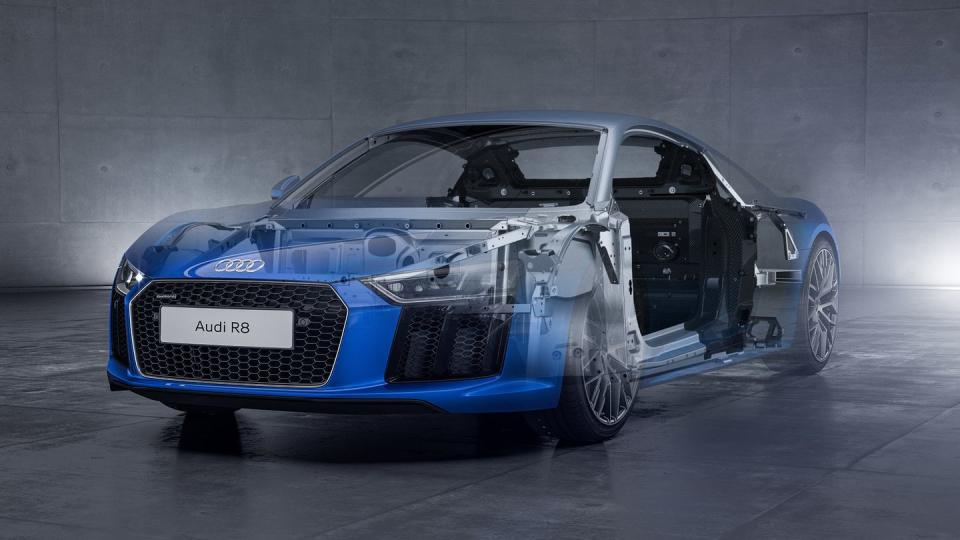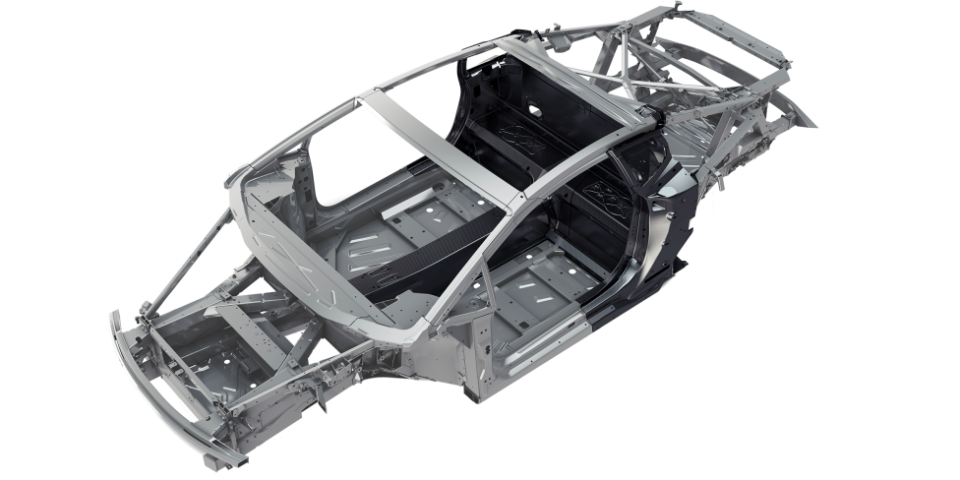No, Dieselgate Won't Kill the Audi R8

Earlier yesterday, German magazine Spiegel wrote that Audi might have to give up its self-developed platforms due to cost cutting triggered by Dieselgate. That would mean no more executive-sized sedans on the MLB platform, and, crucially, no more R8. We saw this reported both by Britain's Autocar and America's The Drive only to think:
The history of the Audi R8 is as clear as daylight. And it started in Sant'Agata Bolognese.

Lamborghini has wanted to build a smaller car to sell next to its low production V12s since the Jalpa was discontinued in 1988. Finally, Giugiaro's Italdesign came up with a fully working prototype called the Calà for the 1995 Geneva Motor Show, but Lamborghini's Indonesian owners didn't have the sort of cash needed to make that happen.
Audi came to the rescue, purchasing Lamborghini in 1998, and launching the mid-engined, V10-powered Gallardo in 2002. The R8 followed three years later, built on a platform developed by Lamborghini, using a mighty V10 that was also born under the Italian automaker's watch. Only the V8-powered version used an Audi engine.

The Gallardo remained in production for a decade, becoming Lamborghini's best selling model by far, with 14,022 sold by 2013. Meanwhile, Audi was making decent money on its own version as well, which was a radical (and very well received) departure for the brand.
When it was time for the Gallardo's successor, Lamborghini announced the Huracán, based on a new, carbon-fiber/aluminum hybrid spaceframe. The second-generation Audi R8 uses the very same platform, as well as the Lamborghini's engine, an evolution of that V10 from 2002. In return, a lot of work on the Huracán, like electronics, are done by Audi. These cars are connected at the hip.
"It's safe to say that it wouldn't make sense to make one without the other," an Audi representative told us. It's also expected that the next generation of Huracán/R8/911 could all share a modular platform suitable for mid- and rear-engine applications. That means Speigel's report that a next R8, if it happens, could share parts with the 911, is not outlandish in the least.
2015 was Lamborghini's absolute best year to date. The company managed to sell 3245 cars. Most of those where Huracáns, and that trend continues: In 2016, for the first time ever, Lamborghini built more than 2000 cars in six months. Of those, 1370 were V10 Huracáns. Simply put, Lamborghini would have to close its doors if not for the Huracán, even if the upcoming Urus SUV turns out to be the biggest money maker the world has ever seen.

Volkswagen won't be forced to sell any of its brands due to Dieselgate. They've been clear on that, and if Lamborghini is a keeper, you better bet they won't bankrupt it either. That means the Huracán, and whatever comes after it, is perfectly safe. And with that, so is the Audi R8.
Furthermore, Audi told us that there is nobody in the company that believes the R8 is going away and that Dieselgate will have no impact on the R8. So that's that.
If you're still really concerned about the R8's fate, we suggest you speak with Stephan Winkelmann—the former head of Lamborghini Automobili, who presided over the supercar company's Gallardo-fueled turnaround. But you won't find him at Lamborghini anymore. Today, he's the head of Audi Sport.

You Might Also Like

